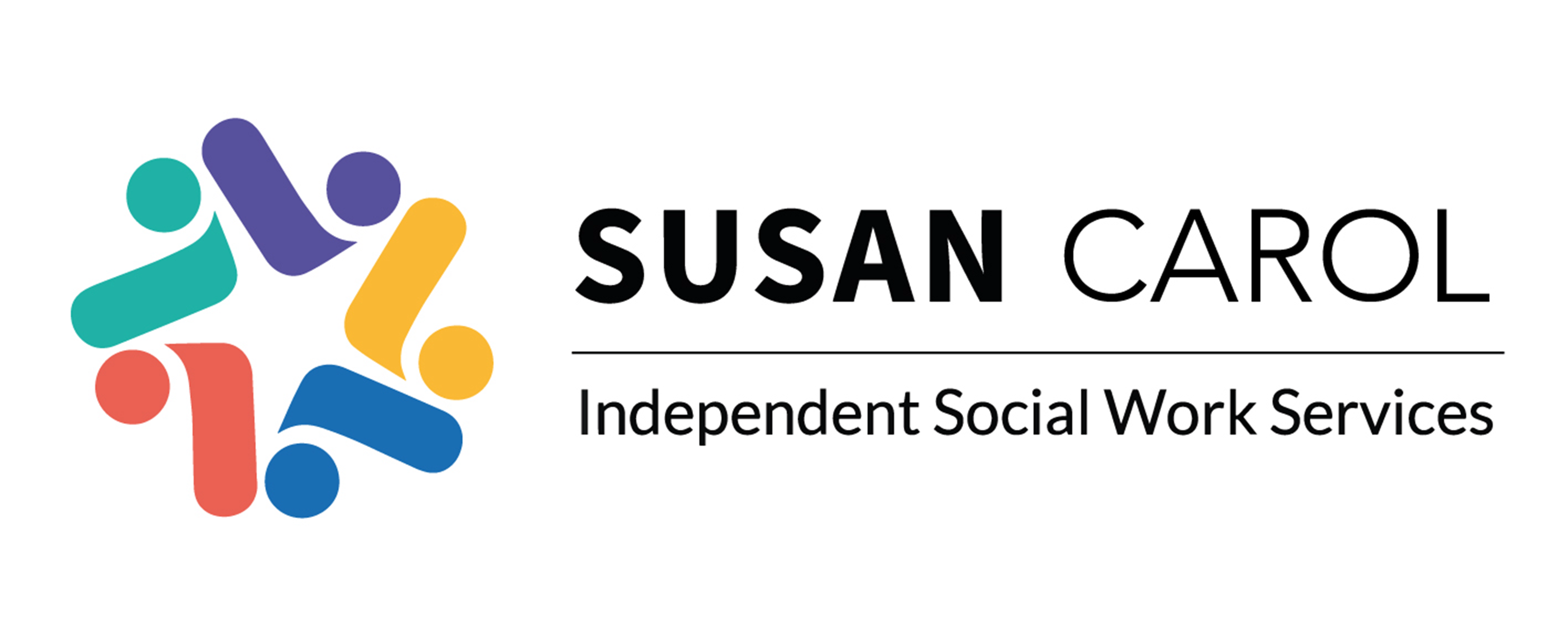Read my blog to gain some tips on how to practically assess mental capacity.
Medical Model
When defining relevant questions, a flexible conversational approach is recommended as there is no one size fits all. When a person is sitting in front of you it is not possible to predict how the conversation will go.
I recall my early social workdays working with hospital staff who would complete the Mini-mental State Exam (MMSE) which was used to assess cognitive functioning, particularly for older people. The MMSE includes tests of orientation, attention, memory, language, and visual-spatial skills. This usually consists of a set number of questions such as who is the prime minister? This is not to be confused with a mental capacity assessment or used to help think of the questions to be asked.
A person-centred approach is essential with questions and conversational areas related to the specific decision to be made. Standard questions are helpful to keep focused on the decision to be made but should be used as a conversational guide to avoid being too prescriptive.
Threshold
Social workers have told me that they struggle to set a threshold of understanding when completing mental capacity assessments because they are so subjective. The best way to address this is to identify why the assessment is required and what are the salient facts relevant to the decision to be made.
It’s about having a scale to balance the probabilities to whether someone is able to make a decision or not. They may be able to answer some questions but if they can’t answer a particularly pertinent question this may tip the balance, to whether you determine they have actually understood the decision overall. This is clearly not an easy task and something social workers have told me they struggle the most with. A balance sheet approach may help draw out a person’s responses to relevant questions/areas relating to the decision to be made as a visual tool to help weigh up if they can make a particular decision.
Remaining Objective
It is essential to remain objective and to take the assessment as a point in time. Do not be unduly influenced by the views of others, which can be difficult particularly when a person is well known to a staff team, who can all have their own opinions.
For example, I completed a mental capacity assessment for a man who was very well known to a staff team. The consensus was that this man was able to make a number of decisions and chose to make unwise decisions. Such pressure from other staff particularly from those who are experienced or in senior social work positions can be unhelpful. It is important to remain objective and complete the mental capacity assessment based on your own findings.
